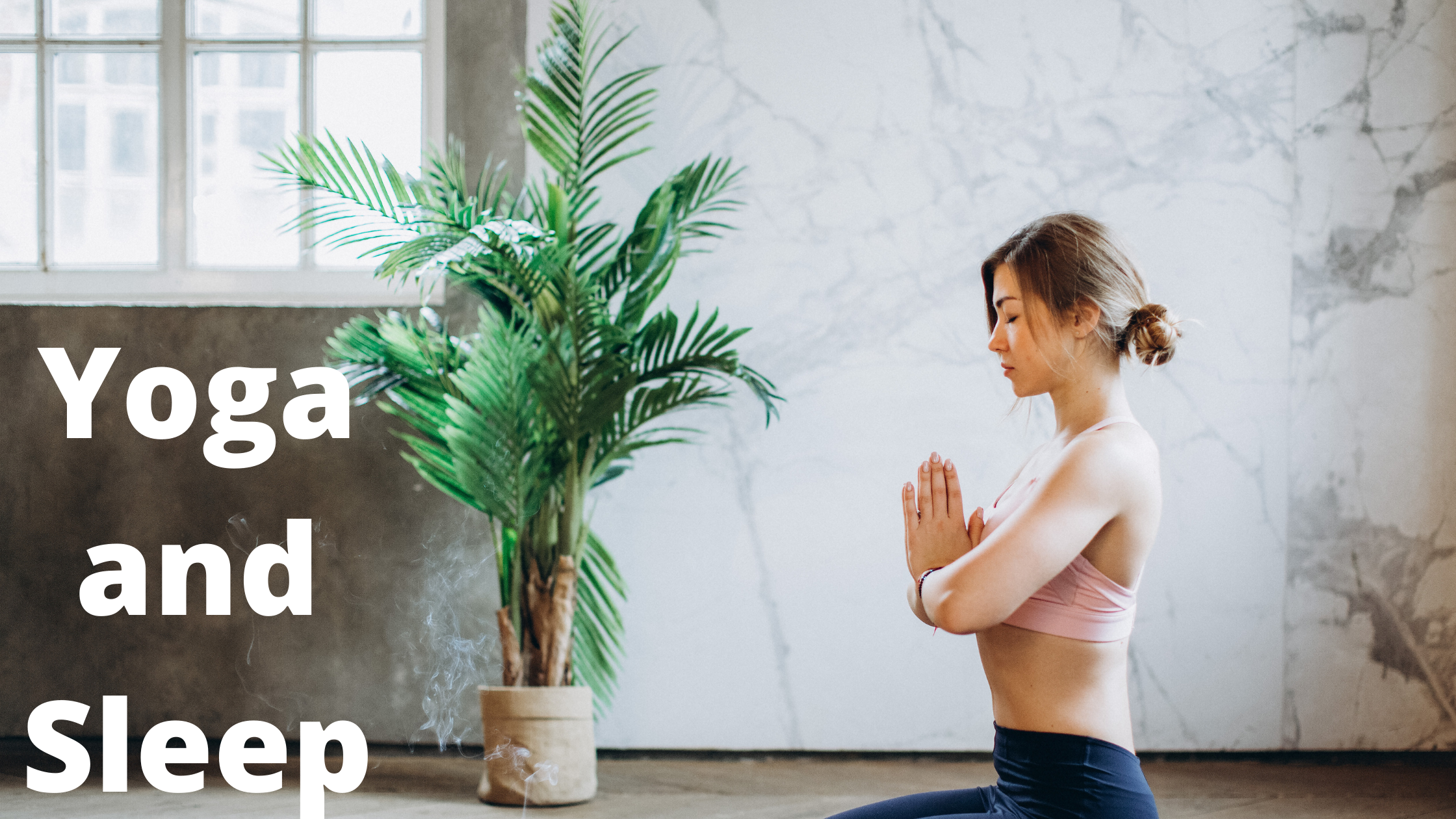
Yoga is a great exercise for stretching, meditating, and strengthening the body. It is encouraged as a great activity to do before bed as it encourages reflection on the day and relaxes you for a good night of sleep. Here is some more information on what yoga is and why it's so restorative before sleep.
Is yoga good for sleep?
Over 55% of yoga practitioners reported improved sleep, and 85% reported reduced stress. Many studies demonstrate that yoga can improve sleep for a variety of different populations. These studies typically focus on one's quality of sleep rather than the quantity, as increased amounts of sleep do not necessarily correlate with quality sleep and wellbeing. The definition of quality may vary, but it normally includes feelings of energy for the day and a lack of disturbances.
Yoga has been shown to benefit all ages and improve sleep. It provides several health benefits for all ages. For example, sleep disorders are common in children with autism spectrum disorder. Yoga, as a behavioral intervention, can reduce stress for children with ASD and improve their mental health, which can help with sleeping difficulties.
Adult women have more trouble sleeping than men. Yoga can benefit many subpopulations of women. Pregnant women who practice yoga have reduced sleep disturbances, in addition to reduced prenatal anxiety and depression. Women in menopause who practice yoga also have similar outcomes, with improved sleep and reduced depression and anxiety.
Elderly populations have also reported sleep disturbances. These range from insomnia to restless leg syndrome. The elderly who do yoga have improved quality of sleep and life.
Yoga for sleep is not something that has to be done every day. Occasional yoga practice will likely improve sleep quality more than no practice at all. If you want to use yoga as a way to help you sleep, then make a schedule where you regularly practice. This may include attending classes or incorporating it into your pre-bed routine a couple of times a night.
How does yoga help with sleep?
Yoga can help with sleep in a variety of ways. Overall, it's a great practice for well-being.
Mindfulness is a practice of judgment-free awareness of the moment. Mindfulness is a common component of yoga where one only focuses on what they are doing and feeling in the moment. Mindfulness can increase melatonin levels and reduce nighttime sleep disturbances in adults.
Breathing awareness and regulation are also components of yoga, and deep breathing is a relaxation technique that can help you get good sleep.
Regular exercise can help with sleep, and yoga is a form of exercise. Moderate exercise several times a week can improve overall sleep, and frequent movement is an important element of sleep hygiene.
Weight loss can also help improve sleep, and although that's not the primary goal of yoga practitioners, it is a possibility.
Insomnia is the inability to fall asleep due to a variety of reasons. It can have long-term effects, including excessive daytime sleepiness, mood changes, and memory impairment. Yoga can be beneficial in managing sleep problems, such as insomnia. Yoga can especially benefit particular groups of people with insomnia, including postmenopausal women and women with breast cancer.
Restless leg syndrome is another sleep disorder that can negatively impact sleep. It involves this sensation of discomfort that can only be relieved by moving one's legs. This can be disruptive to both their sleep and their partner's. Yoga has been shown to benefit women with RLS, which also improved their mood, sleep, and stress levels.
What types of yoga help you sleep?
There are different forms of yoga, but the one you want to do before bed is a more relaxing, low-energy, meditative form. During the day, you can do whatever yoga you enjoy. High-active forms, such as vinyasa or hot yoga, are a good type of moderate to high exercise. When done several hours before bedtime, you can sleep better at night. But these forms of yoga elevate the heart rate, so it's best to avoid them before bedtime.
If you are going to practice yoga closer to bedtime, then there are a couple of types that are slower and restorative that may be more appropriate.
Hatha yoga involves gentle body postures and breathing techniques. They focus on lengthening inhalation, holding the breath, and exhalation.
Nidra yoga is done while lying down and focuses on breathing or the perception of certain parts of the body.
What are good poses before bedtime?
Poses done before bedtime should encourage the body to relax and sleep. Recommendations among yoga instructors and physicians vary, but some poses are highly recommended:
- Uttanasana: Stand and bend your torso slowly forward in front of your legs. Your hands can rest on your elbows, shins, or the floor
- Supta baddha konasana: Lie on your back and press the soles of your feet together and let your knees fall to the side. You can have your hands at your sides or above your head.
- Viparita karani: Lie on your back with your legs against a wall so your body makes an L. Relax your arms at your sides.
- Savana: This is often the closing pose of your yoga practices. Lie on the floor with your arms at your sides, palms up, and your legs straight.
The environment for sleeping should be used primarily for sleeping, so find another quiet place to do yoga in before you go to sleep.
If you find that yoga does not help to relieve some of the problems you are having with sleeping, then please click the orange button below to take a free online sleep test and speak with one of our health professionals.
Source:
https://www.sleepfoundation.org/physical-activity/yoga-and-sleep

